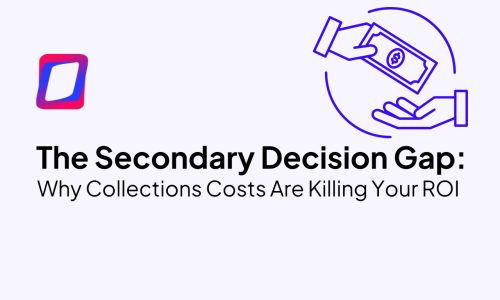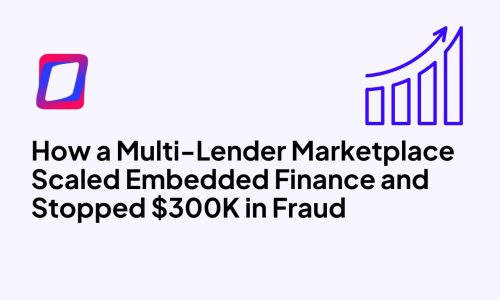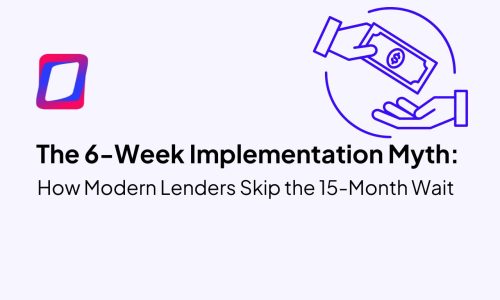TransUnion’s Director of Financial Services Talks Collections, Communication, and Cutting-Edge Strategies
On the next installment of Lending Link LIVE from the show floor at FinTech Meetup, host Rich Alterman takes us into the dynamic world of financial services with Javier Alvarado, Director of Financial Services at TransUnion.
Celebrating nearly ten years with TransUnion, Alvarado shares his expertise in outbound communications and collections, highlighting how TransUnion’s innovative solutions enhance customer outreach and engagement. From caller name optimization to the strategic use of data and analytics in managing delinquent accounts, this episode dives deep into the strategies shaping the future of finance.
Join Rich and Javier for an insightful discussion on the challenges and opportunities in collections, the impact of financial trends on consumer behavior, and the cutting-edge tools driving operational efficiency in the financial services industry. Take advantage of this deep dive into the technology, finance, and customer communication nexus on The Lending Link.
Listen To The Episode on YouTube
Listen To The Episode on Spotify
About TransUnion:
With over 50 years of experience as a credit reporting agency, TransUnion has been at the forefront of fostering trust. The company’s extensive history in stewarding and analyzing data has cultivated a comprehensive understanding of consumer identity. Further bolstered by significant investments in new data sources and technology, TransUnion has broadened its expertise into fraud, marketing, and customer-driven analytics.
TransUnion is a global information and insights company, which is pivotal in facilitating trust within global commerce. This achievement is realized through providing a Tru™ picture of individuals: a practical view of each consumer derived from a vast array of online, offline, public, and proprietary data, all managed with the utmost care.
About GDS Link
GDS Link is a global leader in credit risk management, providing tailored software solutions, analytical and consulting services. Our customer-centric risk management and process automation platforms are designed for the modern lender in their pursuit to capitalize on the entire credit lifecycle.
By providing a personal, consultative approach and leveraging our own industry-leading knowledge and expertise, GDS Link’s solutions and services deliver exceptional value and proven results to thousands of clients around the world.
About The Lending Link Podcast
The Lending Link Powered by GDS Link is a podcast hosted by Rich Alterman and designed for the modern-day lender. Each episode deeply delves into innovation within the financial services industry and transformation efforts, including AI / ML integration, Modeling, Risk Management Tactics, and redefining Customer Experiences.
GDS Link launched The Lending Link to explore unique strategies for the modern-day lender, dive into the innovative advancements GDS Link and our partners are currently developing and delivering, and gain insights from captivating guests within the FinTech, banking, and credit union worlds.
We have a wide range of guests from various lending institutions and diverse organizations who talk about strategies, technology, and everything in between.
Check Out Our LinkTree to listen to podcast episodes on your preferred platform!
Recent articles

The Secondary Decision Gap: Why Collections Costs Are Killing Your ROI
Read article
How a Multi-Lender Marketplace Scaled Embedded Finance and Stopped $300K in Fraud
Read article





